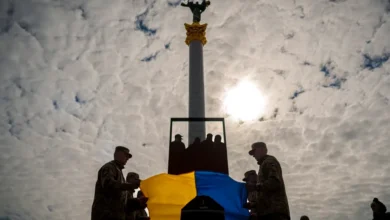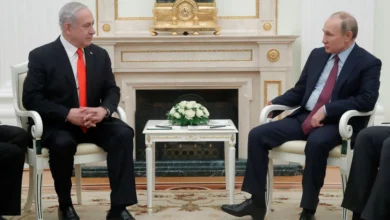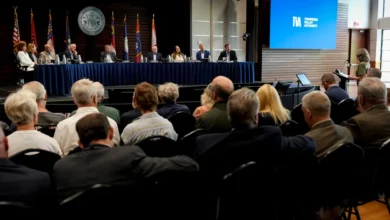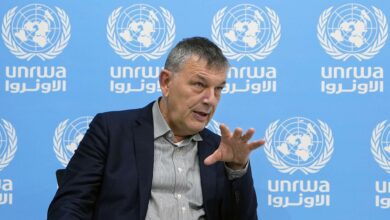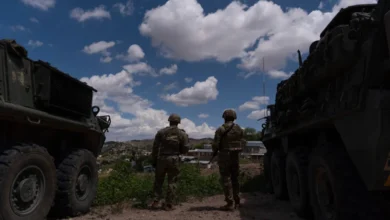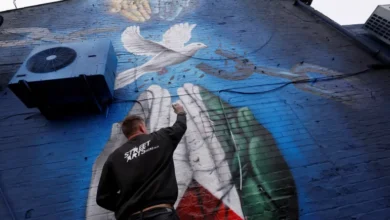How Tigray war rape victims turned to Rwandan genocide survivors to heal
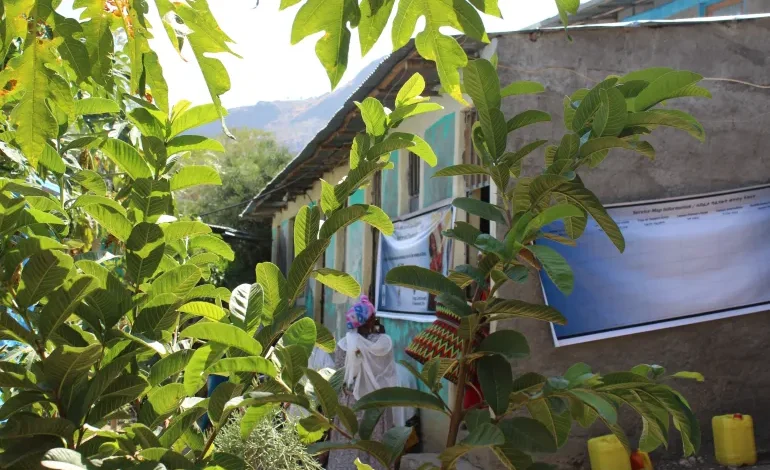
“I was angry all the time,” says Bezunesh, spinning wool in her small mud house in Bora, a remote district of deep valleys, sloping mountains and small terraced farms in Ethiopia’s northern region of Tigray.
It has been a few years since the mother of eight, whose real name we are not using to protect her privacy, suffered the worst attack of her life – and the trauma of what happened still haunts her.
Tigray was under brutal siege by both the Ethiopian and Eritrean armies between November 2020 and November 2022. According to the African Union, more than 600,000 civilians were killed, and millions were displaced. At least 120,000 women and girls were raped during what regional health authorities say was a systematic campaign of sexual violence used as a weapon of war.
A survey-based study by Mekelle University in Tigray found that at least 570 women had been raped in Bora alone. Of them, 34 are HIV-positive, two died by suicide, and several are permanently disabled.
However, the number of sexual assaults is believed to be much higher as the stigma against victims in this religious and conservative district is so strong that many women preferred not to report them for fear of being ostracised by their families.
“Before the war, we had a good life. My husband was a farmer, and I was taking care of the household and our eight children. But then the war started,” she told Al Jazeera.
“My husband was killed on the eve of [the Ethiopian] Christmas in January 2021, when 175 of our people were massacred [by the Ethiopian army]. They went house-to-house and indiscriminately killed people.”
After the attack, Bezunesh said, the trauma was so great that “some women couldn’t sleep, they felt like their head was about to explode”.
Others, likely struggling from post-traumatic stress, “were getting lost, thinking they were going to the church or to visit a friend and suddenly finding themselves in another place”.
A few months after the Ethiopian army ransacked the village, it was the turn of Eritrean soldiers.
Blen, a mother of four and teacher whose full name we are not using, was among those attacked. She can no longer bear children as a result. Like Bezunesh, she also does not speak directly about her assault, focusing instead on friends and neighbours.
“They robbed, raped, beat us, and killed more than 30 people. They slaughtered our cows and ate them, and took our donkeys for loads. They came back three times to rape my neighbour. Now she sits at home all day long, alone. She is quiet and all her hair has fallen off. She looks barely human,” said Blen.
“Women never thought that something like that would happen to them,” explained Elizabeth Kidane, a Tigrayan medical student who is helping support survivors.
“They feel so ashamed that they cannot talk with their children, their parents, their husbands.”
Though they were disassociating and experiencing trauma after their attacks, many of the victims “feared they were going mad or being cursed, or punished for some terrible sins”, she said.
The core group contacted two Rwandan women who were involved in the Rwandan HAL project. Over the following months, they learned from them how the HAL circles worked, how to develop the programme and training material, and how to adapt the Rwandan model to the Tigrayan context. They first shared knowledge online and then in person when it was safer to travel.
“I shared my experience with women in Tigray and thought about how we could adapt the programme to their situation,” said one of the two women, Adelite Mukamana, a Rwandan genocide survivor and psychologist. “For example, in Rwanda, women couldn’t speak publicly about what had happened to them, but they used to do it privately; in Tigray, the shame was so overwhelming, that women couldn’t even talk in private.”
In Rwanda, the women-to-women groups have helped survivors regain their humanity and self-esteem, Mukamana said. “One of the signs of sexual violence is a feeling of shame and guilt. But if women can manage to talk and see that the shame belongs to the persecutor, it really helps them. The perpetrator wanted to dehumanise them, but the group helps them to reclaim their humanity, to feel understood, validated and respected,” she explained.

